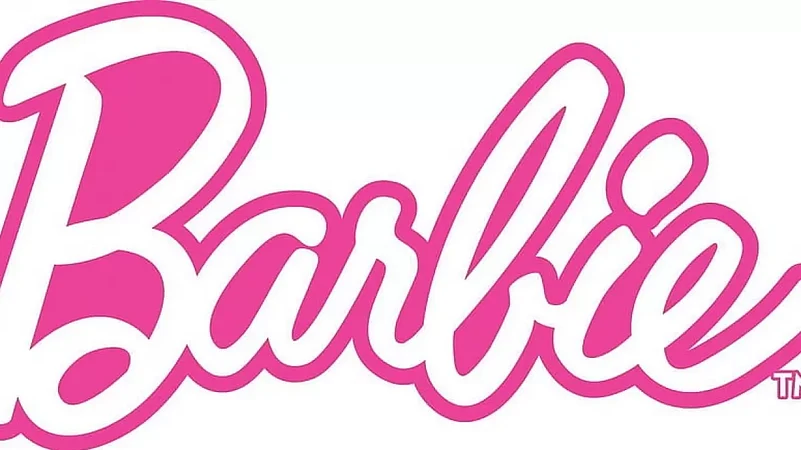Kuwait and Lebanon have banned the screening of the blockbuster film "Barbie," sparking global discussions on cultural values and LGBTQ representation. Their decisions stem from worries about the movie's potential influence on established public ethics and traditional social conventions. Notably, these bans come in the wake of apprehensions expressed by a Lebanese Culture Minister, Mohammad Mortada, who argues that the film actively promotes homosexuality.
The Kuwaiti Ministry of Information issued a statement to the official KUNA news agency highlighting the concerns about the film "Barbie," produced by Warner Brothers. The Ministry stated that the film introduces ideas and beliefs incompatible with Kuwaiti society and public order. This ban follows a pattern seen with the Australian supernatural horror film "Talk to Me," which faced a similar prohibition in Kuwait due to similar reasons.
Mohammad Mortada, also criticized "Barbie" for its alleged promotion of homosexuality, transsexuality, and challenging traditional family dynamics. He claimed that the film undermines parental authority and the importance of marriage and family. Mortada's request to ban the film prompted Interior Minister Bassam Mawlawi to refer the matter to Lebanon's censorship committee for review, an action that aligns with the growing anti-LGBTQ sentiment in the country, particularly led by the Hezbollah armed group.
Ayman Mhanna, Executive Director of the Samir Kassir Foundation, a Lebanese rights organization, noted that these bans are part of a wider campaign involving various religious groups, including Hezbollah and the Christian far right, targeting LGBTQ community.
While accusations of endorsing homosexuality persist, the film doesn't explicitly depict same-sex relationships or queer concepts. Featuring Margot Robbie and Ryan Gosling as Barbie and Ken, the movie instead revolves around a coming-of-age story delving into identity and uniqueness. Impressively, the film's global box office earnings have surpassed $1 billion.
The controversy surrounding "Barbie" is not limited to Kuwait and Lebanon. Vietnam banned the film due to a fictitious world map scene depicting contested territorial claims in the South China Sea. In contrast, Saudi Arabia chose to screen the film despite its conservative stance on many cultural and social issues.
















